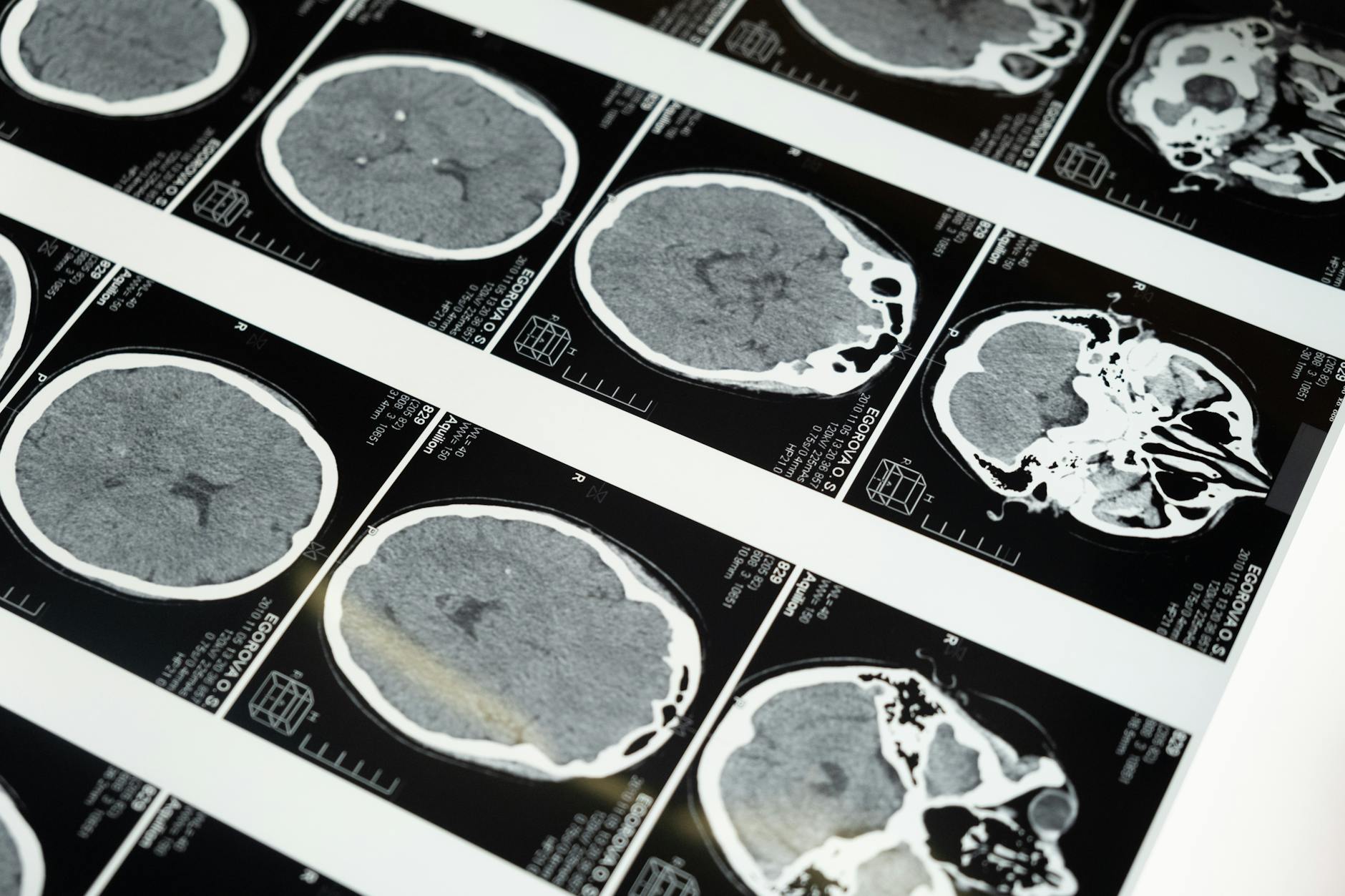What is sleep physiology?
What is sleep physiology?
Sleep is an essential part of human life, influencing our physical health, emotional well-being, and cognitive performance. Understanding sleep physiology is crucial for grasping how our bodies operate during sleep and how it affects our daily lives.
Understanding Sleep Physiology
Sleep physiology encompasses the biological processes that occur during sleep, including brain activity, hormone levels, and bodily functions. It’s not just about resting; it’s a complex interplay of systems that plays a vital role in maintaining overall health.
Definition of Sleep Physiology
Sleep physiology refers to the study of the body’s biological processes during sleep. It includes understanding how brain waves and various neurotransmitters contribute to different sleep stages. By examining these processes, we can learn how sleep affects everything from memory to mood.
Why Sleep Physiology Matters
Understanding sleep physiology is essential for personal development and productivity. Poor sleep can lead to decreased cognitive abilities, poor decision-making, and reduced physical health. Recognizing the physiological aspects of sleep can help you implement better sleep habits and improve your overall quality of life. Sleep deficiencies are linked to various health issues, including obesity and heart disease, making this knowledge crucial for maintaining a healthy lifestyle. For more detailed insights, you can explore the Sleep Physiology – Sleep Disorders and Sleep Deprivation article.
The Stages of Sleep
Sleep is not a uniform experience; it comprises distinct stages, each with unique physiological characteristics.
Non-Rapid Eye Movement (NREM) Sleep
NREM sleep is divided into three stages: N1, N2, and N3.
- N1 is the lightest stage of sleep, where you drift in and out of sleep. It’s easy to wake someone during this stage.
- N2 is characterized by a slight increase in heart rate and a drop in body temperature, indicating deeper relaxation. This stage makes up about 50% of your total sleep time.
- N3 is the deep sleep stage, crucial for physical recovery and growth. During this phase, your body repairs tissues and strengthens the immune system.
Understanding NREM sleep can help you appreciate how essential deep rest is for recovery and well-being.

Photo by cottonbro studio
Rapid Eye Movement (REM) Sleep
REM sleep usually occurs about 90 minutes after falling asleep and plays a significant role in brain function. During this phase:
- The brain is highly active, resembling wakefulness.
- Most dreaming occurs here, which is believed to be essential for emotional processing and memory consolidation.
The balance between REM and NREM sleep is critical for cognitive functions, emphasizing the need for a full night’s sleep.
Circadian Rhythms and Sleep Regulation
Circadian rhythms are the body’s internal clock, regulating the sleep-wake cycle and other physiological processes.
Understanding Circadian Rhythms
Circadian rhythms are roughly 24-hour cycles influenced by external cues, such as light and temperature. They affect not just sleep but also hormone release, eating habits, and body temperature. Disruptions in these rhythms can lead to sleep disorders and health issues.
Factors Affecting Circadian Rhythms
Several factors can disrupt circadian rhythms, including:
- Light Exposure: Blue light from screens can hinder melatonin production, making it harder to fall asleep.
- Lifestyle Choices: Irregular sleep schedules can throw off your body’s internal clock.
- Environmental Changes: Traveling across time zones can lead to jet lag, disrupting your natural sleep patterns.
Understanding these factors can help you make informed choices to improve your sleep quality.
The Impact of Sleep Physiology on Daily Life
Sleep physiology significantly influences our day-to-day activities, productivity, and overall well-being.
Sleep Physiology and Cognitive Function
Different stages of sleep affect various aspects of cognitive function, including:
- Memory Consolidation: NREM sleep aids in processing memories, while REM sleep helps in storing and organizing them.
- Learning Ability: A well-rested brain is more capable of absorbing new information and performing tasks efficiently.
By prioritizing sleep, you enhance your capacity for learning and productivity, making it a crucial factor for personal development.
Sleep Disorders and Their Physiological Basis
Sleep disorders, such as insomnia or sleep apnea, have physiological foundations that can disrupt your sleep cycle. These conditions can affect hormone levels, heart rate, and overall health. Recognizing their physiological basis can lead to better management and treatment options. For more information, consult the Normal Sleep, Sleep Physiology, and Sleep Deprivation article.
Conclusion
Understanding sleep physiology is invaluable for anyone looking to improve their health, productivity, and quality of life. By recognizing the significance of sleep stages, circadian rhythms, and their impact on daily performance, we empower ourselves to make better sleep choices. Prioritizing sleep is not just about resting; it’s about investing in your well-being. Remember, quality sleep is as crucial as proper nutrition and regular exercise. Make your sleep a priority, and you’ll likely see improvements across all areas of your life.